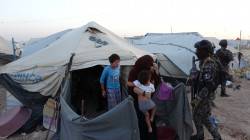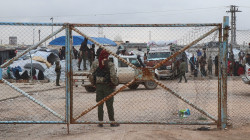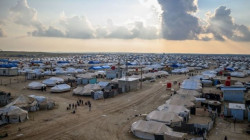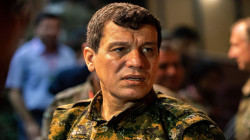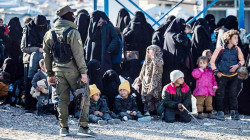Exclusive: Iraq's National Security Advisor steps back from its role in repatriating Iraqis from al-Hol camp
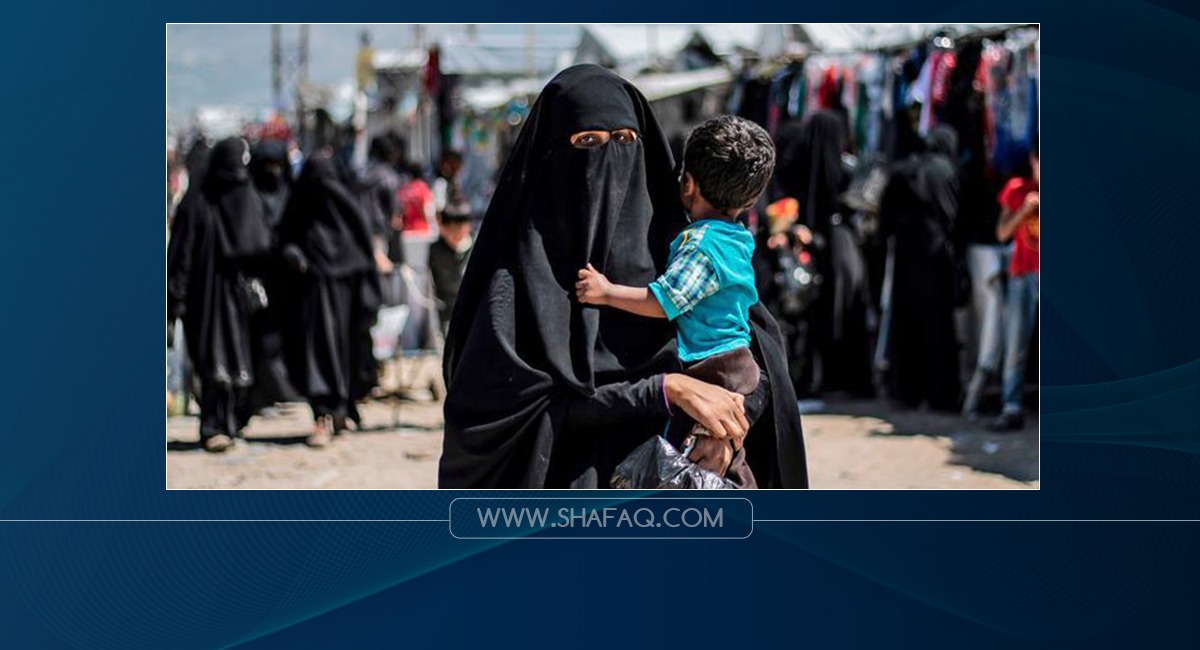
Shafaq News/ Iraq's National Security Advisor has stepped back from its role in the case of the Iraqi families in Syria's al-Hol camp following attempts by the migration minister to bypass procedural safeguards, a source familiar with the matter said on Monday.
The source told Shafaq News Agency that the National Security Advisor was the body in charge of this file prior to today's decision.
"The ministry of migration was hastening procedural safeguards and bypassing security checks in order to wrap up the entire file within a month," the source said.
"The advisor believes that the minister's deeds bely security risks that it does not want to bear its burden in the future," the source concluded.
Earlier this month, Iraq's Prime Minister Mohammad Shiyaa al-Sudani headed an expanded meeting on the Iraqi nationals detained in northeastern Syria's al-Hol camp.
The meeting, according to an official statement, was attended by the ministers of Migration and Interior, the national security advisor, the head of the national security agency, a deputy for the United Nations secretary-general's special representative in Iraq, representatives of UNICEF, ESCWA, UNHCR, and UNDP.
The meeting touched upon the necessary steps to repatriate and rehabilitate the internally displaced persons in preparation for their return to their hometowns.
"During the meeting, the prime minister assessed the situation of al-Hol camp since it compromises both humanitarian and security aspects and assigned duties to the relevant bodies in order to expedite the resolution of this issue," the statement said.
Residents of the al-Hol camp in northeastern Syria have experienced routine “violence and exploitation” with no formal legal policies to protect them in what they describe as a “death camp”, a new report by Doctors Without Borders (MSF) has said.
Al-Hol camp is located in a region controlled by the Kurdish Syrian Democratic Forces (SDF) and holds displaced refugees, as well as families of ISIL (ISIS) fighters, including thousands of foreigners. It is the largest camp in the war-torn country, housing some 60,000 people, the vast majority women and children.
Martine Flokstra, MSF’s Syria operations manager, described the camp as “effectively a massive outdoor prison” where many young people are robbed of their childhoods and condemned to a life with no hope in sight.
The authors of the report said the under the auspices of the fight against ISIL, exceptional policies had been implemented involving the indefinite and arbitrary detention of women, children and men in al-Hol, noting that measures had failed to “ensure safety and security” for those detained in the camp.
“Residents have described themselves as being trapped ‘between two fires’: on the one side, the persistent threat of extreme violence committed by armed groups in the camp, and on the other, the increasingly harsh security measures implemented by camp authorities in an attempt to manage the situation in al-Hol,” the report noted.
Fighting earlier this year between ISIL and the SDF in al-Hol killed three camp residents, including a child.
More than three years ago, a United States-led coalition captured the Syrian village of Baghuz, the last chunk of territory held by ISIL, which had previously controlled large parts of Iraq and Syria, killing thousands.
The report highlighted that criminal activities were rampant in the camp, including theft and extortion, with crime-related deaths accounting for 38 percent of all deaths at al-Hol.
Residents said there was a lack of protection with security forces reluctant to help, or only responding when it was too late.
MSF said countries should accelerate the repatriation process for what it said was more than 11,000 foreign nationals still in the camp. The group said that a number of countries had previously refused to take their citizens back or even rendered them stateless.
A few countries, such as France, Belgium and Australia have recently repatriated citizens from al-Hol.

